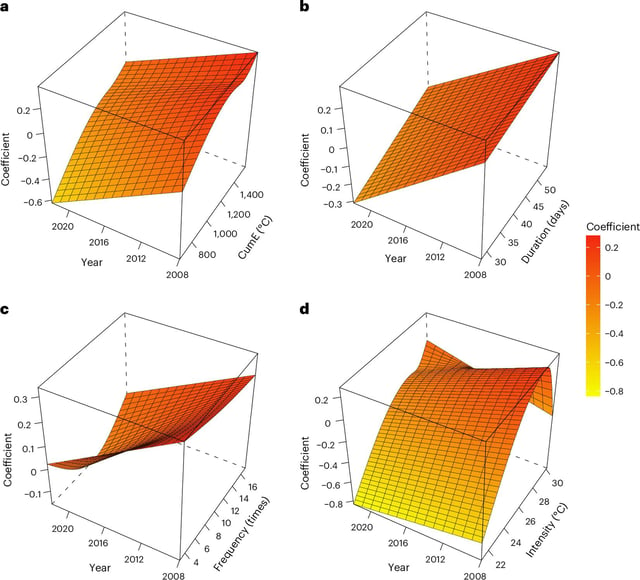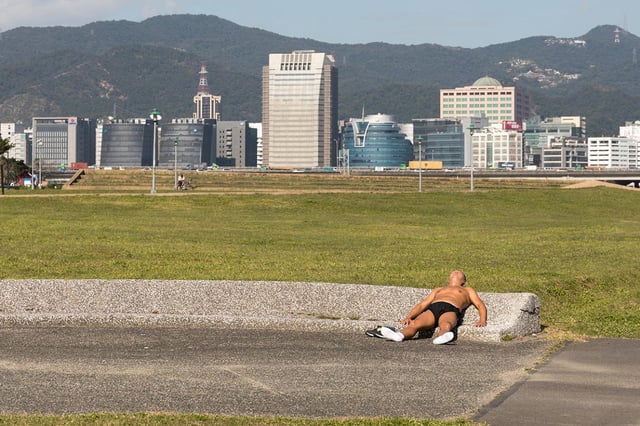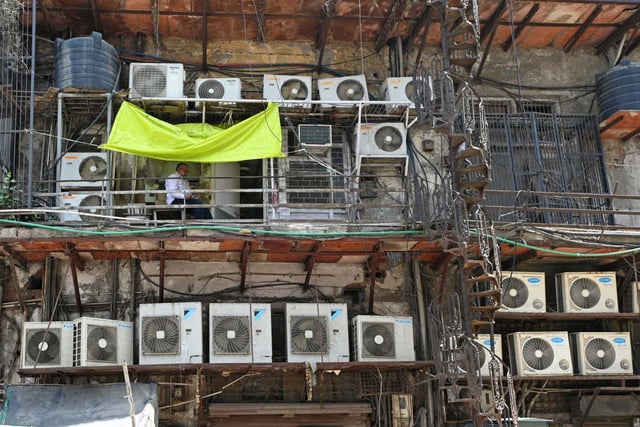Overview
- Published August 25 in Nature Climate Change, the study used clinical biomarkers from 2008–2022 health exams to estimate biological age.
- Each four additional heatwave days over two years was associated with roughly nine extra days of biological aging, rising to about 33 days for manual workers.
- Disparities were pronounced for manual laborers, rural residents and communities with fewer air conditioners, indicating uneven heat risks.
- Researchers observed signs of behavioral adaptation over time, yet the harmful association between heatwaves and aging persisted.
- The cohort came from a paid health-management program and lacked individual exposure details such as time outdoors and AC use, and experts warn growing heatwave frequency could widen long-term health burdens.


